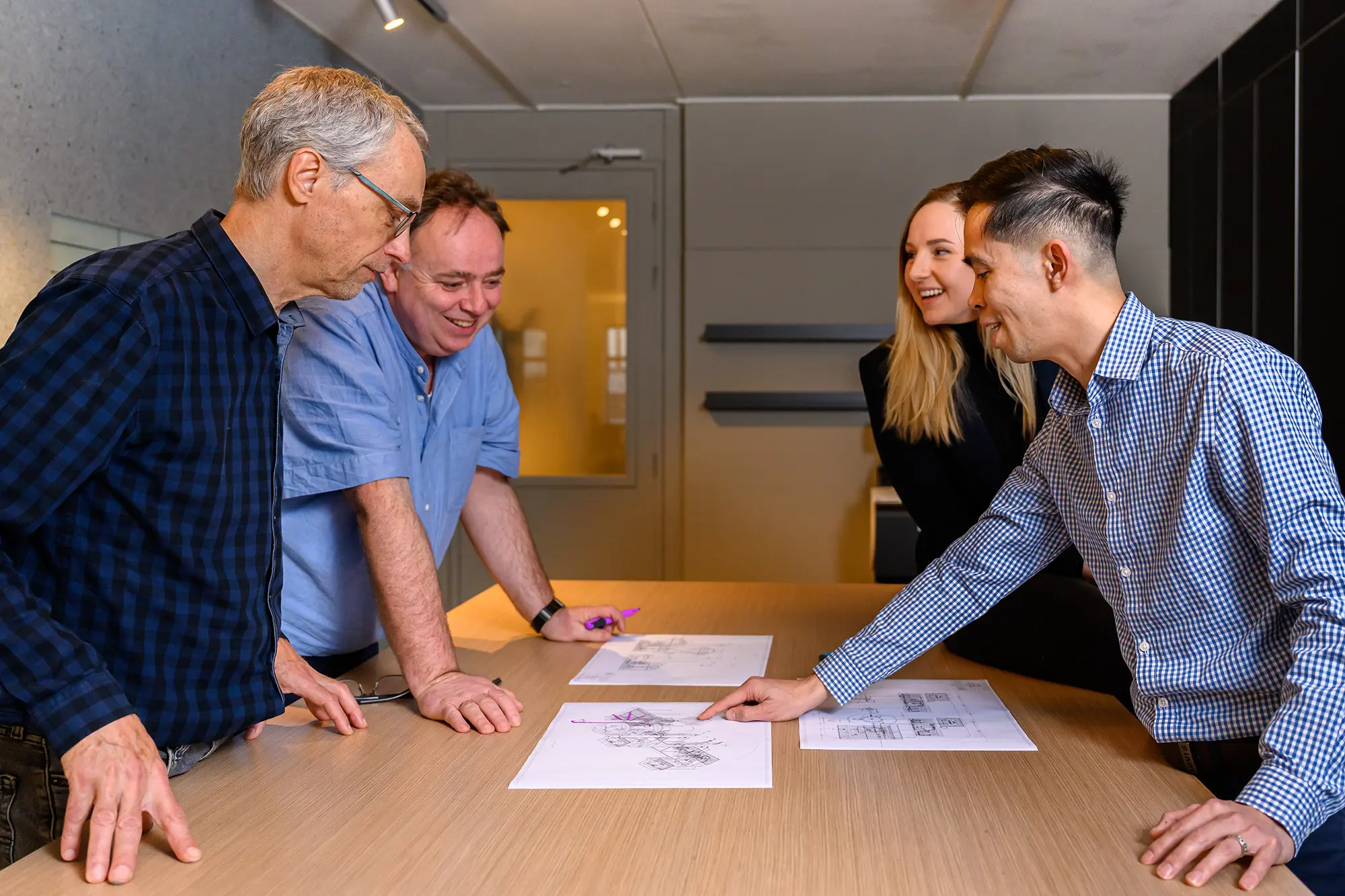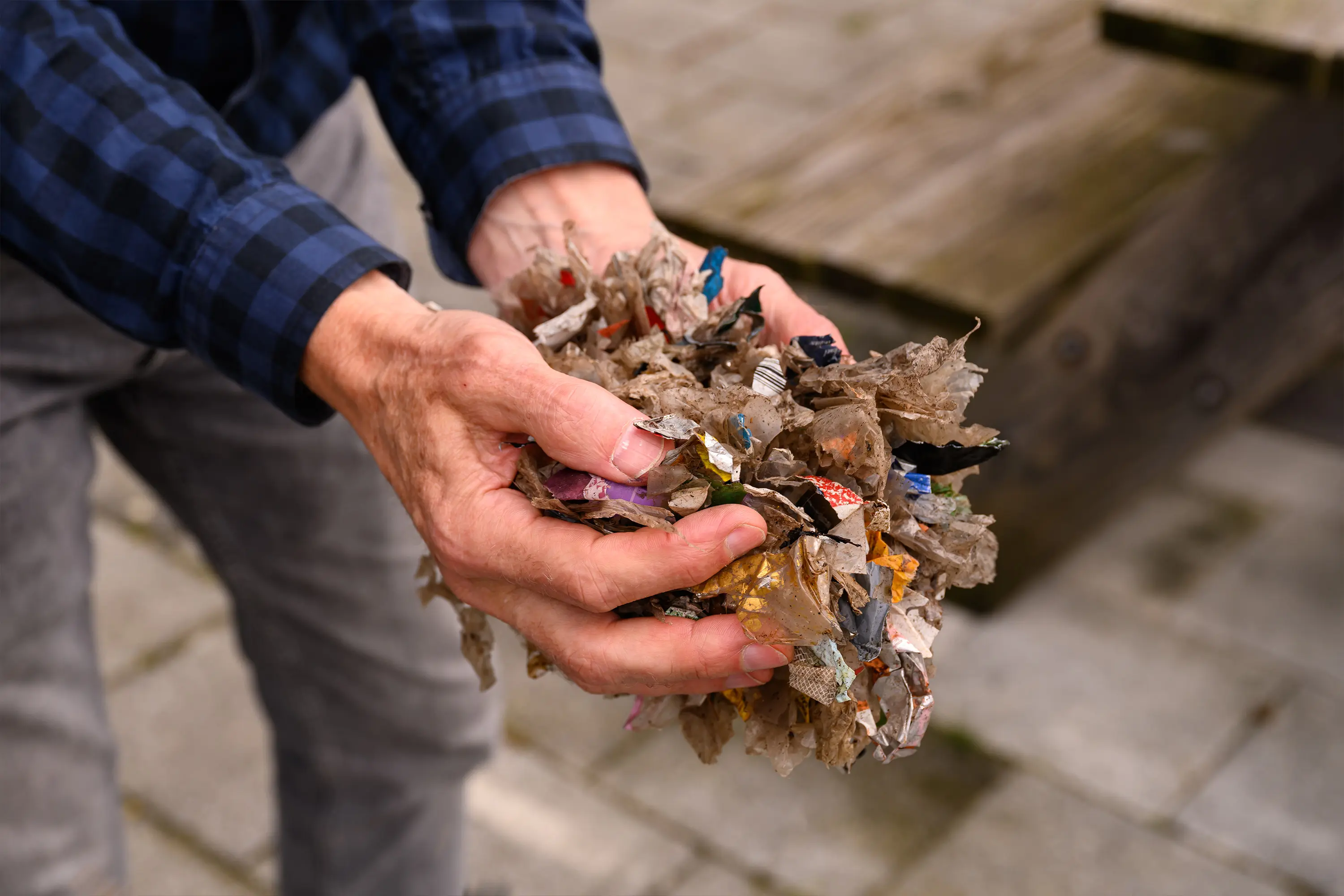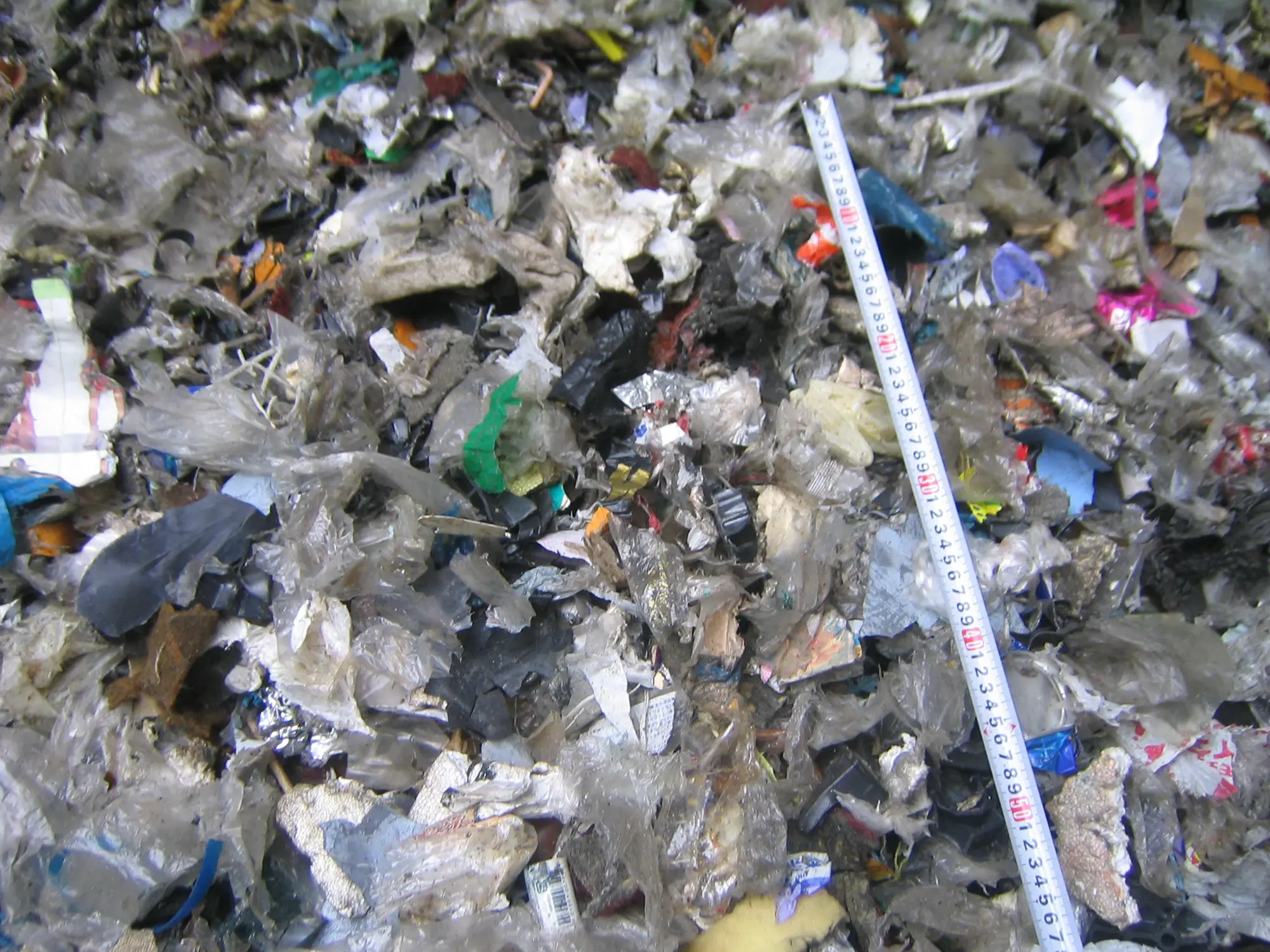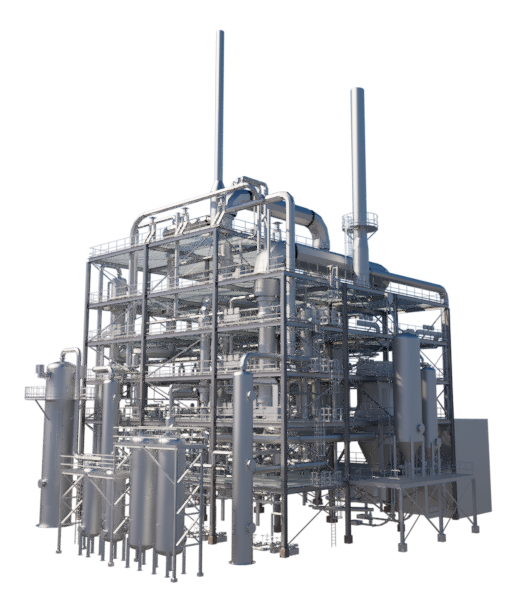
We are SYNOVA
SYNOVA is a licensor and supplier of proprietary technologies for molecular recycling of plastics. Generally, our technologies can be applied to convert mixed plastic waste streams into base chemicals like olefins, aromatics, and styrene. Those base chemicals can be used for the production of new plastics with virgin quality. SYNOVA’s technology can also be used in biofuels.
The challenge
Only 9% of the plastic waste is being recycled. That is by far not enough to meet the sustainability objectives on recycling and CO2 emissions. New recycling methods like SYNOVA’s technologies based solutions are needed to fill the gap.

Our…
Solution
SYNOVA’s waste-to-olefins process converts mixed (plastic) waste into olefins that are the building blocks for new plastics with virgin quality. Our technology is not pyrolysis nor gasification. Instead, our solution is a solids cracker operated at conditions similar to conventional steam crackers for liquid and gas. And it produces the same valuable components: ethylene, propylene, butadiene, benzene. In case of polystyrene waste feedstock, styrene monomer is the main product.
Secret
The key success of our solution is the fact that it heats the waste feedstock very fast to temperatures high enough to generate the targeted valuable products directly and limit the production of less valuable condensables and solid residues, but low enough to avoid over-cracking to less valuable hydrocarbons and salt-related melting issues.
Uniqueness
The feedstock is produced from household and industrial waste. SYNOVA’s process can handle less sorted and cleaned feedstock that other plastic waste recycling options cannot use. That means that the feedstock is relatively cheap and available. The SYNOVA process provides the most direct way of making new plastic building blocks and the MILENA and OLGA technologies can be upscaled. The result: higher yields at lower costs for an attractive business case and better CO2 footprint and plastic circularity than alternative plastic recycling options.
Our feedstock
The SYNOVA technology uses feedstock that contains plastic waste, but also may contain water, inert materials, and biogenic components. This freedom significantly reduces the feedstock sorting requirements while increasing the sorting yield. This leads to cheaper feedstock that is more readily available. It does not compete with feedstock used for mechanical recycling and other chemical recycling processes.


Our sustainability
Our recycling processes show an attractive CO2 footprint over the whole value chain and high circularity because: (1) it involves a direct route to chemicals with only one conversion step, and (2) the feedstock typically contains a certain fraction of biogenic material. Furthermore, the processes are ready for net-zero carbon emissions.
Our partners
SYNOVA is working together with world-class technology partners to provide complete solutions. We are working with Technip Energies on the commercialization, licensing and delivery of waste-to-olefins applications. With Trinseo, we have been developing our polystyrene-waste-to-styrene process. TNO is our partner providing test facilities and valuable input to our development team.
Our plants and projects
SYNOVA has started the realization of several commercial demonstration plants for different leading chemical companies in different locations in the world.
